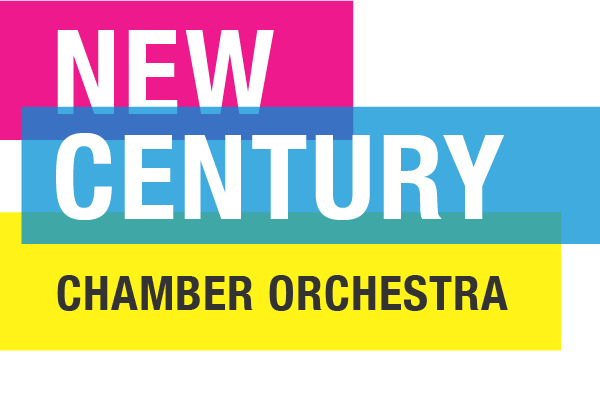The Four Seasons: A Pop Culture Powerhouse
The Four Seasons:
A Pop Culture Powerhouse
Explore how Vivaldi’s The Four Seasons and Max Richter’s Recomposed: The Four Seasons have shaped pop culture in film, TV, and advertising
Few pieces of classical music have left as significant a mark on modern pop culture as Antonio Vivaldi’s The Four Seasons. Composed in 1723, this iconic set of violin concertos has captured the imagination of listeners for centuries, symbolizing both classical sophistication and natural beauty. In recent years, Max Richter’s Vivaldi: Recomposed—The Four Seasons has reintroduced these timeless works with a contemporary twist, blending baroque elegance with minimalist soundscapes. Together, these compositions demonstrate not only the enduring appeal of classical music but also its flexibility in modern pop culture, influencing films, commercials, and television.
Vivaldi's The Four Seasons: A Timeless Classic
Vivaldi’s The Four Seasons remains one of the most famous and frequently performed pieces of classical music, with its influence extending far beyond concert halls. This work is a favorite in film, television, and advertising, reinforcing its role as a cultural touchstone.
The Four Seasons in Film
Vivaldi's The Four Seasons is a go-to piece for filmmakers, often used to evoke emotion or underscore pivotal moments. Some notable appearances include:
Runaway Train (1985) – The intense use of Winter amplifies action-packed scenes.
Shine (1996) – The piece highlights the emotional depth of pianist David Helfgott’s life.
Marie Antoinette (2006) – The Four Seasons emphasizes the luxury and grandeur of the French royal court.
The Other Woman (2014) – Spring adds energy and vibrancy to a lively montage.
The Four Seasons on TV
Television shows frequently tap into the evocative power of Vivaldi’s music:
The Sopranos (Season 4, Episode 13) – Spring plays, juxtaposing calm moments with underlying tension.
The Simpsons (Multiple Episodes) – Vivaldi’s work often provides ironic contrast to comedic scenes.
The Crown – Multiple episodes use The Four Seasons to underscore royal traditions and transitions.
The Four Seasons in Advertising
In the world of advertising, The Four Seasons is a symbol of sophistication, used to market luxury brands and products:
Max Richter’s Recomposed: A Contemporary Reimagining
In 2012, Max Richter reimagined Vivaldi’s The Four Seasons, playing with its omnipresent place in pop culture by introducing a fresh and minimalist take on the original. His Recomposed version retains the beauty of Vivaldi’s melodies while incorporating contemporary electronic elements, making it highly popular in modern media.
Recomposed in Film
Richter’s Recomposed version has been featured in several emotionally charged films.
The Face of an Angel (2014) – Spring adds reflective depth to key moments.
Arrival (2016) – The ambient quality of Richter’s music complements the film’s existential themes.
Mary Queen of Scots (2018) – Richter’s work adds a haunting, modern feel to this historical drama.
Recomposed on TV
Richter’s music has made a significant impact on television:
Black Mirror (Episode: Nosedive, 2016) – Spring 1 enhances the social commentary in this dystopian episode.
The Leftovers (2017) – Recomposed heightens the emotional intensity in scenes exploring loss.
My Brilliant Friend (2018) – Richter’s music enriches the depth of this Italian drama series.
Recomposed in Fashion
Richter’s Recomposed has been featured in high-fashion campaigns, including runway shows for luxury brands like Ermenegildo Zegna, blending classical elegance with modern aesthetics.
A Harmony of Past and Present
What makes Vivaldi’s The Four Seasons and Richter’s Recomposed so captivating is their ability to complement one another in modern media. Vivaldi’s work symbolizes tradition and baroque mastery, while Richter’s interpretation pushes classical music into the present, making it relevant for today’s audience. Together, they represent the rich history and exciting future of classical music.
Hear Max Richter’s Vivaldi: Recomposed—The Four Seasons live, November 14-17, with performances in Berkeley, Vallejo, San Francisco, and Belvedere Tiburon. Tickets on sale now. Learn more.


